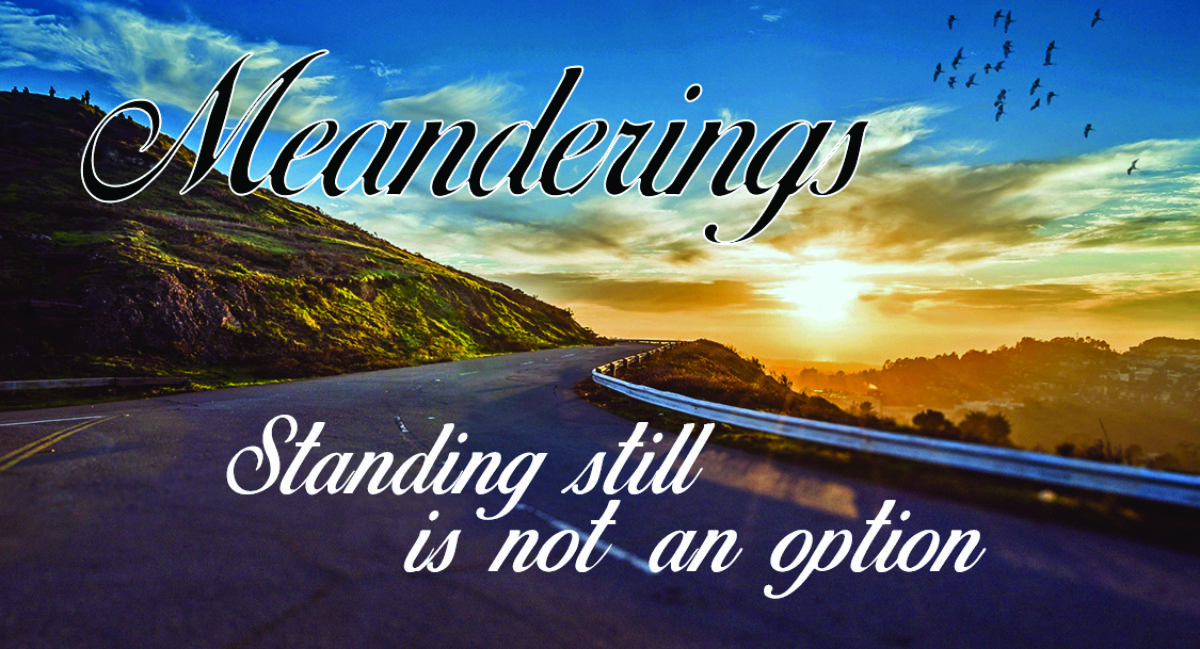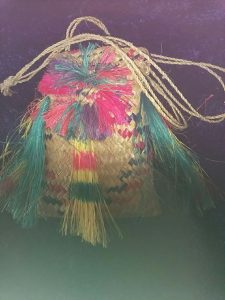Sicilians are proud of their culture, customs, cuisine and laid back ambience. Whenever we have visited that part of Italy, sooner or later we will hear the oft repeated phrase or some variance of it: ‘Sicily is the gem at the toe of the boot’. You will also hear the Mafia spoken of with some ambivalence. It is either blight or an integral part of the culture and a benevolent organization that looks after its own. What I know for sure is that the food is good no matter where you find yourself in Sicily.
We were only two days from Rome. The last days of a long Grand Mediterranean cruise. The Captain had announced that we would be cruising through the Strait of Messina. With packing, last minute exchanges of contact information, selecting gifts for our wonderful cabin steward it was akin to him telling us he was going to brush his teeth. I did not pay too much attention. I had too much to do, plus the grand final Trivia contest was coming up and though I was the weakest link I hoped my team would take home the first prize. We did not, to our chagrin. Our cruise pals came to say they had scoped out a great place on the upper deck for us to sit and watch the scenery as we traversed the Strait. Since they were also busily packing we decided that we would go to the special cruise talk about The Strait of Messina. We would therefore get the information and be able to skip the lazy time on deck watching the shore and instead do the packing.
My disinterest went straight out the window when the presenter started with: “Have you ever used the phrase ‘between the devil and the deep blue sea’ or ‘out of the frying pan and into the fire’ or, ‘between a rock and a hard place?” We all laughed as we answered in the affirmative. She explained that we would be cruising through the Strait of Messina, the birthplace for all those expressions originating from the Greek myth of Scylla and Charybdis.
Scylla and Charybdis were two monsters who lived on opposite sides of a very narrow stretch of water. They were the bane of Odysseus and his crew. If in trying to avoid one monster they happened to sail too close to the other they really would be caught between a rock and a hard place. Bumping up against either side would culminate in the same dire result, a watery grave. I would hazard a guess that you would be hooked too with such an introduction. The narrow stretch of water across which these two monsters lived is purportedly the Strait of Messina.
Packing could wait. We could not wait to get to our vantage point to sit and look for monsters and their homes as we cruised through the Strait. We did not think about its reputation for very rough and dangerous tides forming whirlpools that could sink large boats. No doubt this natural phenomenon was the explanation for the ‘monsters’ that plagued Odysseus. Neither did we enter the debate about the long proposed suspension bridge that would connect mainland Italy to Sicily over the Strait that was the hot topic of conversation at the time. We were filled with the romance of the imagery of the Greek myth as we cruised through the land of mythology.
The journey is beautiful. There is the blue of the Mediterranean, the green of the hills, the many picturesque villages dotting the coastline. We watched a bus, a train and transport truck travelling across the water. They looked like dinky toys but we could follow their journey. There were many tunnels and we would scan the horizon waiting see where they would emerge. Scudding patches of clouds would add another dimension and shade to the mountains as we sailed by. The combination of nature, calm sea, new friends, and the aura of the myth made for a fantastic experience. From our vantage point all seemed peaceful and tranquil.
We made up stories about the people who may live in those villages, separated by mountains, seemingly isolated one from the other. We were watching the mainland side and I wondered about the logistics of dating across the Strait. “I am sorry dad, I missed the last ferry. Can you come and pick me up?” No wonder that for years that bridge has been a dream for so many. If it ever comes to fruition, it will be the longest suspension bridge in the world. Or as some refer to it, ‘a bridge too far’ when despairing that it will ever be built.
There was a moment of regret as we exited the Strait heading north to Rome. We would be flying home from Rome via Frankfurt. We were happy to be going home but after the serene, lazy sail through the Strait taking in the bucolic scenery, Rome and Frankfurt seemed discordant, a disruption of the peace, a too swift wake up call back to reality.
The Meander: Cruising through the Strait of Messina was an unexpected pleasure. There is one such treasure on every trip, cruise, and journey. As in life you just have to say ‘yes’ when they come along.

 We were in Papua New Guinea at the port of Lae. The cultural tour was over and my head was a maelstrom of weird and wonderful bits of information.
We were in Papua New Guinea at the port of Lae. The cultural tour was over and my head was a maelstrom of weird and wonderful bits of information.